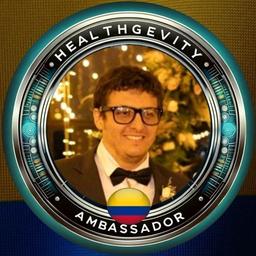
Andrés Alberto Buitrago Alzate@andresbuitra
is under improvement
7
Events attended
3
Submissions made
Colombia
8 years of experience
About me
One of my purposes is to improve the quantification of the Kardashev scale and the Drake equation, with the goal of advancing our civilization to at least a Type 1 civilization according to this scale. I also want to help extend biological life for as long as possible. I am researching, validating, co-creating, etc., theoretical frameworks, scientific models, patents, digital tools, and new hypotheses to improve existing tools and foster corporate open innovation. Some aspects include crowd discovery, crowd imagination, crowd innovation, crowd inventing, crowd inspiration, crowd investing, etc. I love finding ways to generate collective value, solve problems, and meet needs. I have an inexplicable passion for innovation, research, technology, creativity, and science. I can work, study, train, meditate, and reflect for up to 18 hours a day (or more) and every day of the week. In 2023, my record was staying awake for 5 days straight. I have been a serial entrepreneur with 23 years of experience in 7 forms of entrepreneurship across 4 industries. Now, I am hybridizing more than 8 forms of entrepreneurship in parallel. I have co-created over 60 brands. As a researcher, I have conducted various types of research, and as an aspiring inventor, I have drafted two patent applications in the technical fields of data processing systems and methods, digital electrical data processing, and digital information transmission. I have a strong purpose to quantify and help increase our collective consciousness, collective intelligence, and collective wisdom, as well as to design the future of initiatives boosting, the articulation of events and projects, the creation and management of organizations, the governance of societies, and matching between humans, etc.
is under improvement
🤝 Top Collabolators
🔥 Own Projects
🤓 Latest Submissions
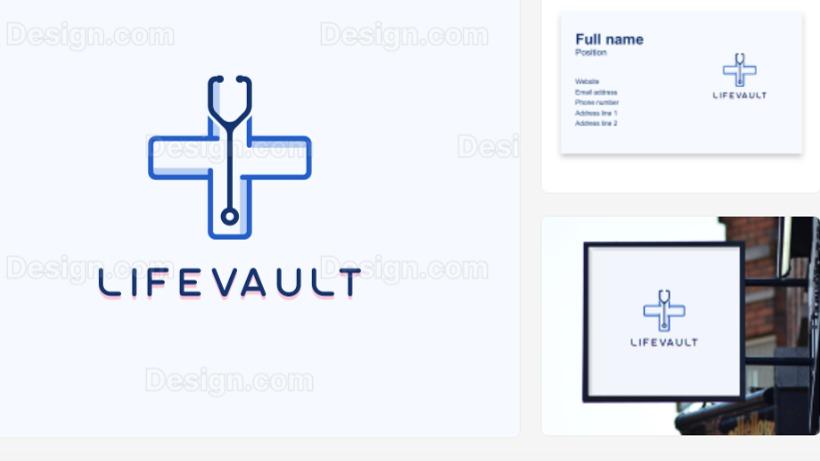
LifeVault AI Powered Medical Histories
Immortiva stems from the belief that health data is central to understanding and extending human life. Our medical records are fragmented across clinics, insurers, and institutions, creating silos that impede effective care and prevent individuals from having full ownership of their medical history. This fragmentation hinders holistic health insights, an essential component of personalised care and longevity research. Immortiva envisions a future where each individual has seamless access to an integrated and centralised repository of their health records, powered by AI. This repository, Life-Vault, represents the foundational step in the journey so we decided to partner with MediAgil, Volmand, Ciudad Botica, New Digital Trade Coalition, Mozart and other organizations in Life-Vault for this Hackaton. The Importance of Health Records for Longevity and Immortality: Medical histories are critical not just for diagnosing and treating conditions but also for predicting and preventing illnesses. AI thrives on data, and the richer and more complete the dataset, the more accurate its insights. By consolidating medical records into a unified Life-Vault, we enable: 1. Longitudinal Analysis: A continuous view of a person’s health over time to identify patterns and trends that can inform proactive care. 2. Customised Health Recommendations: AI-driven analysis provides personalised advice tailored to an individual's unique history and needs. 3. Precision Medicine: Improved access to comprehensive records allows healthcare providers to offer treatments that are more targeted and effective. 4. Research Advancements: Aggregated anonymised data supports breakthroughs in health, biotechnology, and transhumanism, accelerating the path to longevity. This emphasis on centralised records is critical to Immortiva MTP—extending life expectancy and improving quality of life through systematic innovation. Creating Life-Vault we can start an MVP of data training for our network.
11 Dec 2024
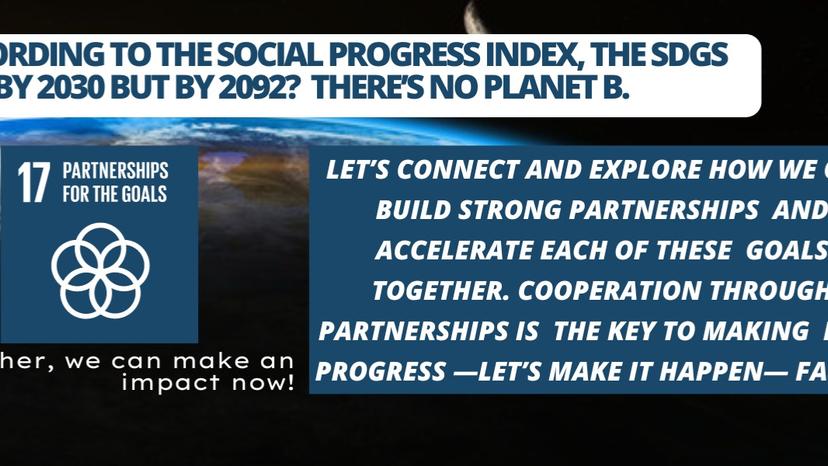
Accelerating SDGs Through Negotiation with Meta
We aims to collaborate with Meta to leverage its AI, Llama, and products to accelerate the achievement of the SDGs. The proposal stems from the realization that the SDGs will not be achieved by 2030 but rather by 2092, highlighting the need to harness Meta's existing platforms and extensive user base to generate a significant impact. We proposes an intrapreneurship approach within Meta, formalizing user research and enabling collaborators with active, creative and proactive users to develop innovative solutions using Meta’s product ecosystem. This approach builds on empirical research conducted in recent years that identifies how Meta’s products, such as WhatsApp, could be utilized to address pressing challenges. A concrete example is improving group management in WhatsApp. The proposal suggests creating groups with specific functionalities for learning, including academic goal-setting tools, in-group information search capabilities, and recommendation systems for relevant content. The proposal also advocates for an open innovation model that extends beyond hackathons, allowing users, researchers, and external developers to propose improvements and new functionalities for Meta’s products and big techs- In summary, the proposal is: Implement an intrapreneurship program to develop solutions addressing the SDGs using its platforms and technology. Promote open innovation to enable community participation in improving its products. One of the goals is to harness the potential of Meta and its AI to connect people and organizations by compatibility in goals, problems, values, needs, hypotheses, interests, purposes, mission, visions, skills and opportunities. We also need to co-invent theoretical frameworks, scientific models, patents, digital tools, and new hypotheses to improve existing tools and foster corporate open innovation such as crowd discovery, crowd imagination, crowd innovation, crowd inventing, crowd inspiration, crowd creation, crowd-research, etc.
25 Nov 2024
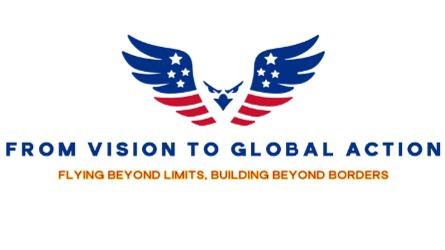
Flying Beyond Limits and Building Beyond Borders
Our team’s vision for this event is driven by a decade of research and over 15 initiatives that highlight a persistent challenge: fragmented and disorganized data and information. Tackling this foundational issue is essential to addressing broader governance challenges, and we’re taking the first step with a transformative prototype: the Knowledge Extraction Model. Whether it’s legal documents, governmental records, or citizen petitions, the inability to structure, interconnect, and analyze information impedes progress across the board. The solution lies in creating a robust, cross-sector platform capable of organizing data and fine-tuning AI models for graph-based knowledge representation. By solving this root issue, we can pave the way for more efficient, transparent, and citizen-focused governance systems. We did a prototype that leverages advanced AI and graph database technology to restructure how data is organized and utilized. Some features: Knowledge Extraction and Graph Databases The model identifies patterns, entities, and relationships within unstructured data to construct a knowledge graph. This structured representation allows for better visualization and analysis of interconnected information, enabling actionable insights. Grok extracts relevant information from diverse data sources. It organizes the extracted data into graph databases, streamlining the process of analysis and relationship mapping. Machine Learning for Legal and Governmental Analysis The model transforms legal and governmental documents into organized, cyclical formats, improving process tracking and management. Knowledge Graph for Recommendations The prototype supports systems that recommend appropriate governmental entities for resolving specific issues. This ensures clearer and more efficient pathways for citizens to interact with government services. More information here: https://docs.google.com/document/d/1yE91oZBmNIqkvarKIu1b6zjswOSHMY_KC9k7GrHl5Vs/edit?usp=sharing
15 Dec 2024

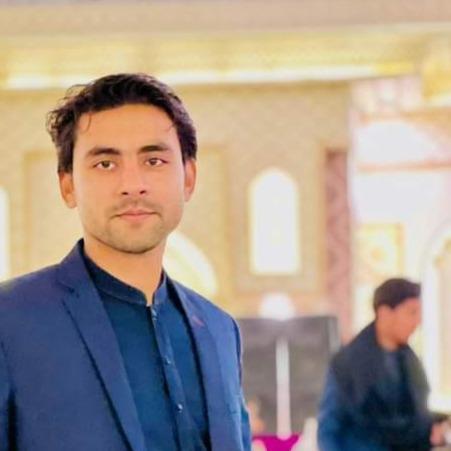
.png&w=640&q=75)





